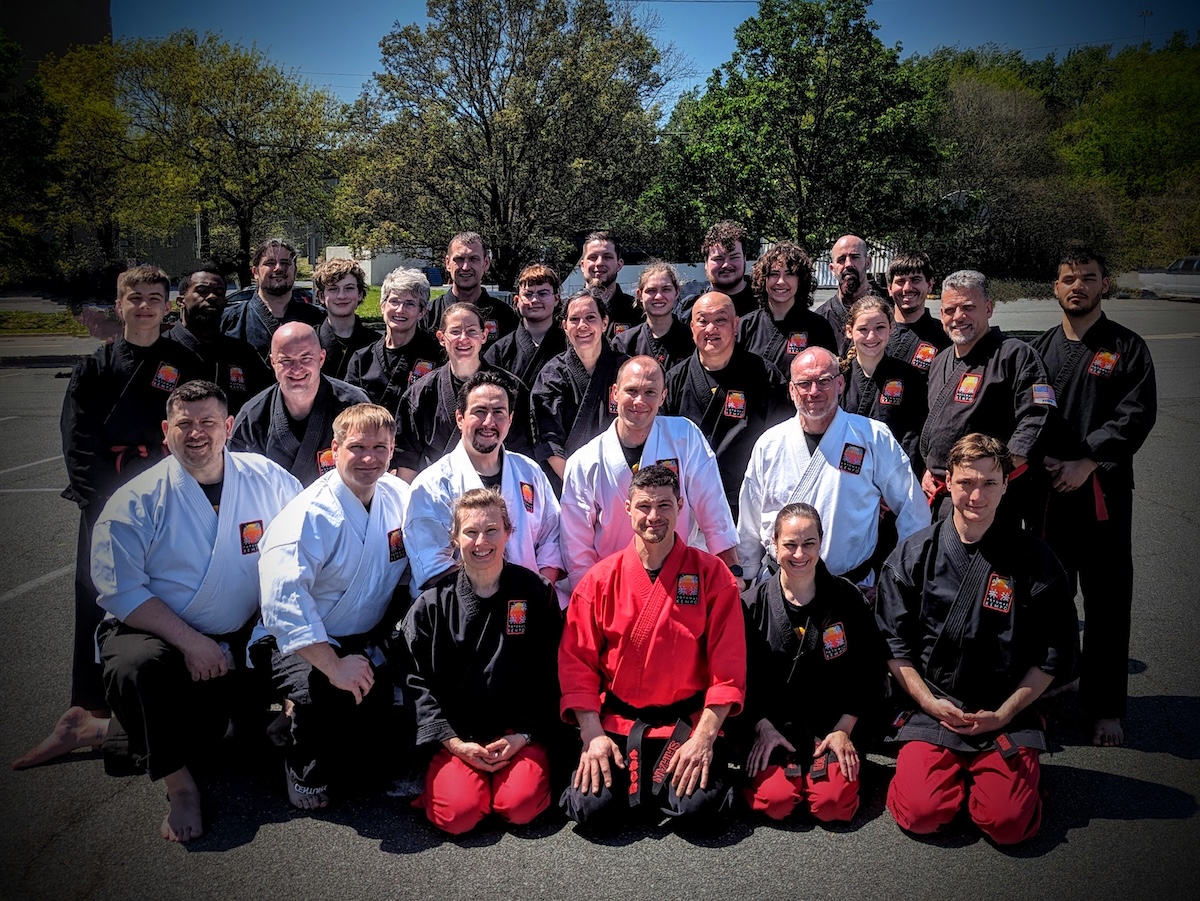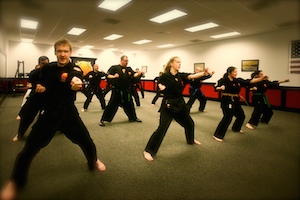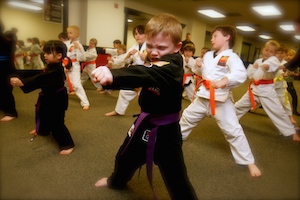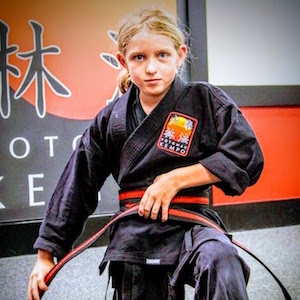Humility and pride might seem like opposites, but they coexist beautifully. In Kempo and life, true growth arises from balancing these qualities.
What does it mean to balance humility and pride? Are they opposites, or can they coexist? True humility isn’t about downplaying your achievements but recognizing your potential and the vast opportunities for growth. It’s not about minimizing what you’ve accomplished but embracing the journey of what’s still possible. Similarly, pride, when rooted in genuine effort and self-improvement, can be a powerful motivator. In Kempo, humility and pride are not opposing forces but complementary qualities that drive personal growth.
Understanding Humility and Pride
Humility is often defined simply as “not bragging.” While this definition may seem reductive, it is actionable and deeply instructive. In practice, humility is about acknowledging our room for growth and acting in ways that reflect respect for ourselves and others.
Pride, on the other hand, is tied to our sense of self-worth. The key question is: Who is the most important source of your pride? The answer is yourself. However, many people struggle with this. We’re often our own harshest critics, aware of our flaws and failures, which makes self-pride challenging. This inner conflict can lead to a paradox: criticizing ourselves privately while boasting publicly—a contradiction that undermines true humility.
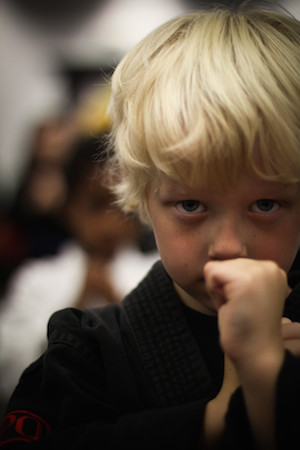
How Kempo Teaches Humility and Pride
In Kempo, the lessons of humility and pride come alive through practice. Two guiding principles help us cultivate both qualities:
- Do the best you possibly can.
- Strive to improve upon your previous efforts.
This simple yet profound philosophy shifts the focus away from comparing ourselves to others and instead emphasizes personal growth. Consider the following examples:
Alex and Mia: A Tale of Two Runners
Imagine Alex, a 10-year-old, running a race against 5-year-olds. She wins easily, but the victory feels hollow. Why? Because Alex didn’t push herself to her limits. Her pride would be justified only if she ran faster than ever before. Without that effort, the accomplishment rings shallow.
Now, picture Mia, a 5-year-old, racing against older children. Despite her determination, she finishes last. Should she feel ashamed? Not at all. If Mia ran her hardest and improved her time compared to her previous races, she has every reason to feel proud. Even in defeat, her effort and progress make the experience a success.
These stories illustrate that pride and humility aren’t about outcomes but about effort and growth.
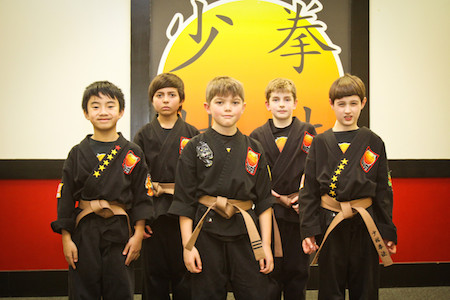
Cultivating Balance Through Martial Arts
Kempo provides a perfect environment for developing the balance of humility and pride. Martial arts constantly challenge you to perform at your best, refine your skills, and surpass your previous efforts. Yet, the practice also instills respect—for yourself, your instructors, and your peers.
Each step forward in Kempo is an opportunity to grow stronger, both physically and mentally, while embodying the balance of humility and pride. The satisfaction comes not from external validation but from the quiet confidence that arises from genuine effort.
A Perfect Place to Grow
Practicing Kempo is more than just physical training; it’s a journey of self-discovery. True pride and humility coexist when we focus on doing our best, striving for improvement, and letting our actions speak for themselves. When pride arises from within, it needs no external validation. And when humility guides our actions, it needs no explanation.
Takeaway
Humility and pride are not opposites but partners on the path to growth. Through consistent effort and a commitment to improvement, you can cultivate both qualities, allowing them to complement and strengthen each other. In Kempo, as in life, this balance is the foundation for true success.
